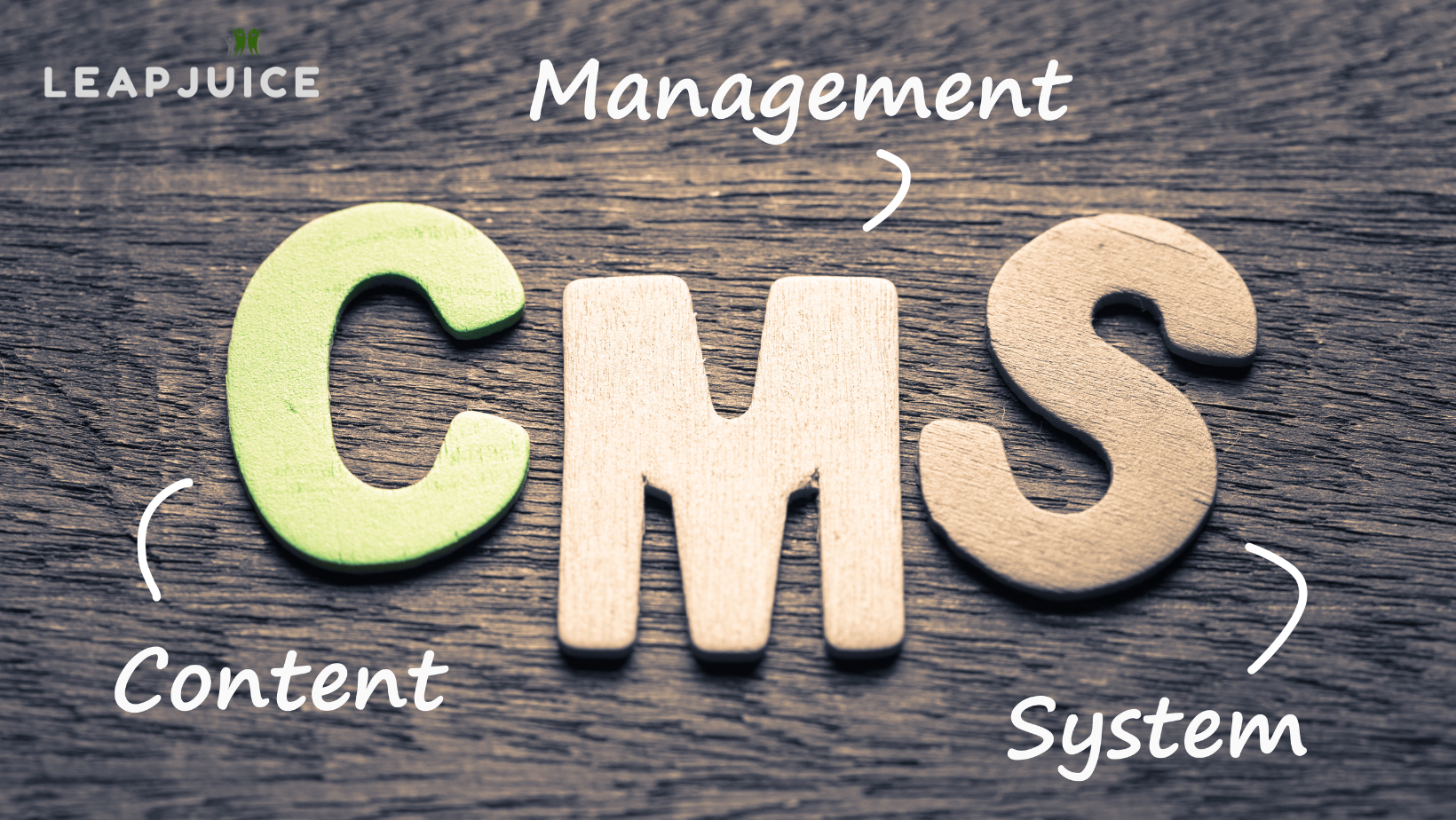- Home
- »
- What is a Content Management System (CMS)
Content Management System (CMS)
What is a CMS and what are the benefits?

What is a CMS?
A content management system (CMS) is a software application that allows users to easily create, edit, and manage digital content. It provides a user-friendly interface for users to input and organize digital information, typically for use on a website.
Content management systems are widely used in various industries to streamline the process of publishing and managing digital content. For example, a news organization might use a CMS to create and publish articles to its website, while a small business might use a CMS to manage the content of its company website.
One of the main benefits of a CMS is that it allows multiple users to collaborate on creating and managing content. It also provides a central location for storing and organizing content, making it easier to find and retrieve information when needed.
There are many different types of content management systems available, ranging from simple, open-source options to more complex, proprietary systems. Some popular examples include WordPress, Joomla, and Drupal. These systems typically offer a range of features and tools, including the ability to create and edit pages and posts, add media files, and manage user permissions.
Overall, a content management system is a valuable tool for anyone looking to efficiently create, publish, and manage digital content. Whether you’re a small business owner, a blogger, or a content creator, a CMS can help you streamline your workflows and better manage your online presence.
What are the benefits of using a CMS?
A content management system (CMS) is a software application that helps users create, manage, and publish digital content. CMSs are used by individuals, small businesses, and large organizations alike to power websites, blogs, and other online platforms. In this article, we will explore some of the benefits of using a CMS.
User-friendly interface: One of the main benefits of a CMS is that it provides a user-friendly interface for creating and managing content. This makes it easy for individuals with little technical knowledge to update and maintain a website.
Improved efficiency: With a CMS, you can easily create and publish new content, as well as make updates to existing content. This means that you can keep your website up-to-date with minimal effort, improving efficiency and saving time.
Enhanced collaboration: A CMS allows multiple users to collaborate on the creation and management of content. This can be particularly useful for large organizations with multiple departments and teams working on different aspects of a website.
Better search engine optimization: Many CMSs come with built-in tools to help optimize your website for search engines. This can include features like customizable URLs, the ability to create and edit meta tags, and integration with social media platforms. All of these can help improve your website’s visibility in search results.
Increased security: A CMS typically includes security features to help protect your website and its content from cyber threats. This can include things like password protection, automatic updates, and backup and recovery tools.
In conclusion, a CMS can provide numerous benefits for individuals and organizations looking to create and manage an online presence. From its user-friendly interface and improved efficiency to enhanced collaboration and improved security, a CMS can help make the process of managing a website or other digital platform easier and more effective.
Managed hosting is ideal for CMS.
Managed hosting refers to a hosting service in which the provider takes care of all the technical aspects of maintaining the website or application. This includes tasks such as installing and updating software, monitoring the server, and providing technical support.
There are several reasons why managed hosting is important for CMS:
Security: Managed hosting providers take care of security measures such as installing and updating firewall protection, regularly scanning for malware, and backing up data. This is especially important for CMS, as they often handle sensitive information such as customer data and financial transactions.
Performance: Managed hosting providers have the resources and expertise to ensure that the website or application is running smoothly and efficiently. They use advanced servers and infrastructure to ensure fast loading times and reliable uptime.
Technical support: Managed hosting providers offer 24/7 technical support to help with any issues that may arise. This is especially useful for those who are not tech-savvy or do not have the resources to manage their own hosting.
Time-saving: With managed hosting, users do not have to worry about managing the technical aspects of their website or application. This frees up time and resources that can be better spent on other aspects of the business.
In conclusion, managed hosting is important for CMS because it provides security, performance, technical support, and time-saving benefits. By choosing a managed hosting provider, users can focus on creating and managing their content, while the provider takes care of the technical details.


